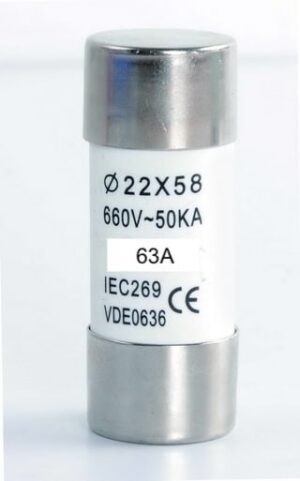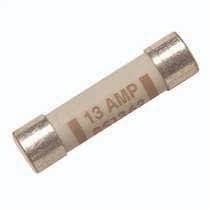B2B Prices
Dear valued customers, We wanted to inform you about some upcoming changes to our pricing…
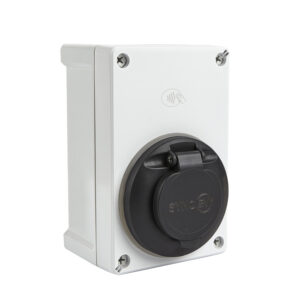
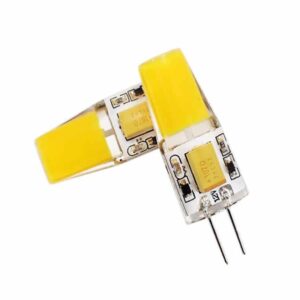
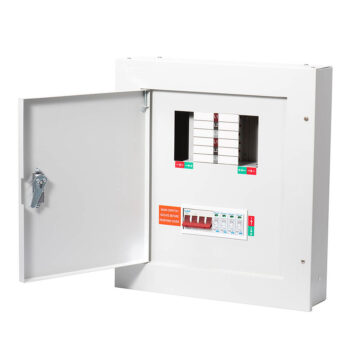

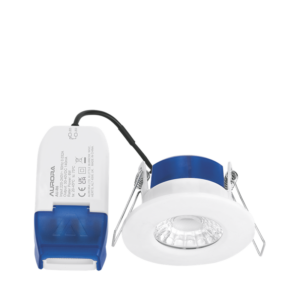
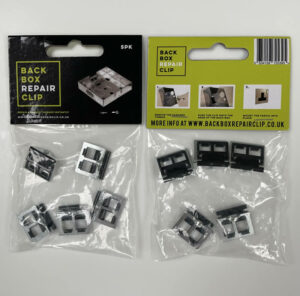
Showing 1–20 of 44 results
Showing 1–20 of 44 results


Get a head start on your projects with our handy ideas and inspiration posts, we have created some helpful guides to help you make the right decisions before buy. Stay current with the latest electrical tips on our blog.

Dear valued customers, We wanted to inform you about some upcoming changes to our pricing…
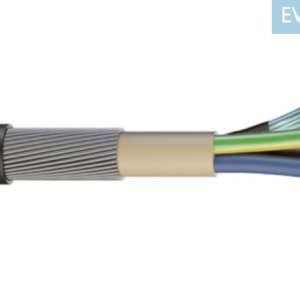
Shop Now EV-Ultra® – 3 Core 6mm SWA or Tuff and CAT5 combined This cable…

Once your credit account application has been approved you can shop on our website and…

PME Fault Detection Consumer Units also known as PEN Loss Consumer Units in stock now.
In electrical installations in the UK, fuses play a crucial role in providing protection against overcurrents and electrical faults. Fuses are designed to break the electrical circuit when current exceeds a specified level, thus preventing damage to equipment, minimizing the risk of electrical fires, and ensuring the safety of the electrical installation. The use of fuses in the UK is governed by BS 7671 (the 18th Edition of the Wiring Regulations), which outlines various requirements and recommendations for fuse selection, installation, and maintenance. Here are some key aspects of fuses in accordance with BS 7671:
It’s important to note that BS 7671 is periodically updated, so it’s essential to consult the latest edition of the Wiring Regulations and adhere to any changes or amendments that may apply to the use of fuses in electrical installations in the UK. Additionally, electrical work should be carried out by qualified electricians who are familiar with the requirements of BS 7671 to ensure safety and compliance.


To access and complete the B2B client application form, please log in to your account at Electrical4less. If you encounter any issues or need assistance, don't hesitate to contact our support team.




